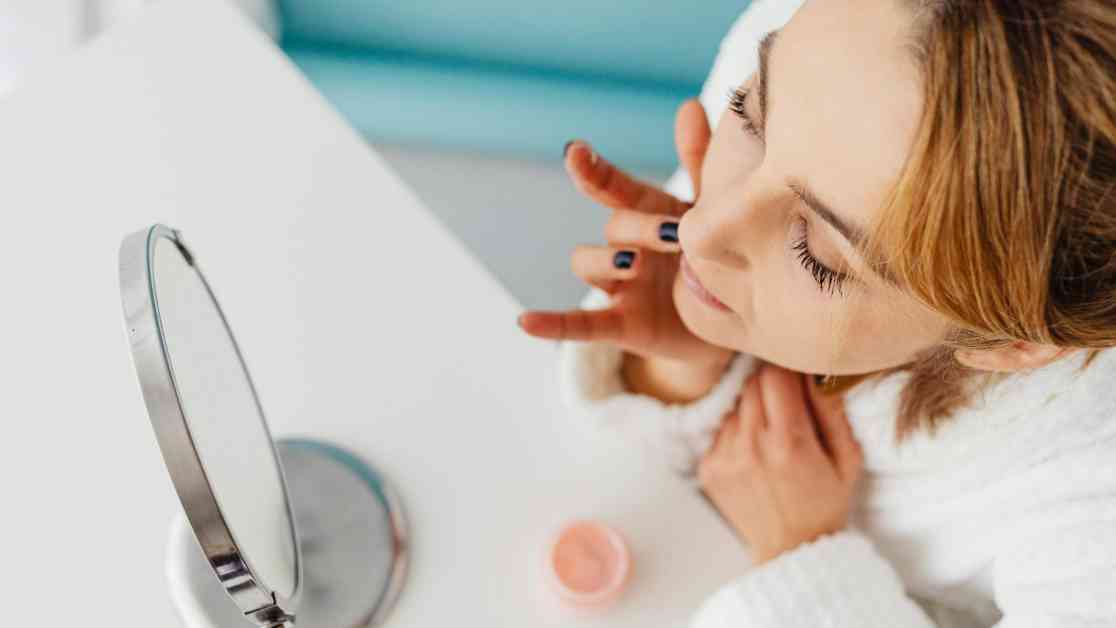The K-beauty craze that has taken the world by storm is not without its dark side. The allure of flawless skin and youthful beauty has led to a surge in demand for Korean skincare and aesthetic products. However, this trend has also exposed a troubling reality: the illegal distribution of unapproved botulinum toxin products in the K-beauty market, posing serious risks to public health and consumer safety.
Rising Demand and Regulatory Issues
The appeal of Korean botulinum toxin products like Innotox and Meditoxin lies in their affordability and perceived effectiveness, offering a more budget-friendly option compared to well-known brands such as BOTOX, DYSPORT, and XEOMIN. Despite their popularity, these products have not been approved by the US Food and Drug Administration (FDA). Last year, a Florida woman was convicted for illegally selling these unapproved products while making false claims about their efficacy, underscoring the dangers of unauthorized distribution.
Botulinum toxin is a biologic similar to vaccines, requiring strict temperature control during storage and transport to maintain its stability and safety. Products that bypass official channels often lack these critical cold chain systems, making them vulnerable to degradation and potential harm if mishandled. The devastating consequences of poorly regulated pharmaceuticals were starkly evident in the 2012 New England Compounding Center (NECC) tragedy, where contaminated drugs led to numerous infections and fatalities across the US.
Serious Allegations Against Medytox
The controversy surrounding Korean botulinum toxin products deepened with allegations against Medytox, their manufacturer. A former senior executive at Medytox revealed persistent quality issues with their products, which were allegedly concealed from regulators and partners. Innotox, a flagship product of Medytox, failed to secure FDA approval over a decade due to manufacturing concerns, leading to the termination of a technology export deal with Allergan. The former executive disclosed that Medytox’s CEO instructed him to withhold information on quality control problems from Allergan, raising ethical concerns and highlighting the company’s questionable practices.
The executive’s allegations included claims of falsified documents to cover up systemic quality issues and the unauthorized distribution of unapproved products overseas, casting doubt on the safety and integrity of Medytox’s offerings. These revelations have sparked further scrutiny of the company and its products, prompting calls for stricter regulatory oversight and consumer vigilance in the face of potential risks.
The Threat to Public Health
Health experts have sounded the alarm on the dangers posed by unapproved botulinum toxin products, warning of a potential public health crisis akin to the NECC incident if left unchecked. Products lacking FDA evaluation and oversight carry significant risks, especially when distributed through illicit channels. Authorities must take decisive action to dismantle illegal networks distributing these products and enforce stronger regulations to protect consumers from harm.
Protecting Consumers Amid the K-Beauty Boom
As the K-beauty trend continues to gain momentum, consumers are advised to exercise caution and prioritize safety when purchasing aesthetic products. Medical professionals emphasize the importance of avoiding unapproved treatments and ensuring that products are sourced from licensed distributors offering FDA-approved options. While the allure of affordable alternatives may be tempting, the potential dangers associated with unregulated products far outweigh any perceived benefits. The allegations against Medytox underscore the critical need for enhanced regulatory scrutiny and consumer awareness in an increasingly interconnected beauty industry, where compromised safety measures can jeopardize public health and erode trust.
Daniel, our insightful business consultant and analyst with a penchant for contributing to the International Business Times UK, sheds light on the complex landscape of the K-beauty market and the pressing concerns surrounding unapproved botulinum toxin products. Through his expertise and dedication to raising awareness, he highlights the importance of regulatory diligence and consumer empowerment in safeguarding against potential risks in the pursuit of beauty and wellness. Join Daniel on his mission to demystify the beauty industry and empower consumers to make informed choices for their well-being and safety.













